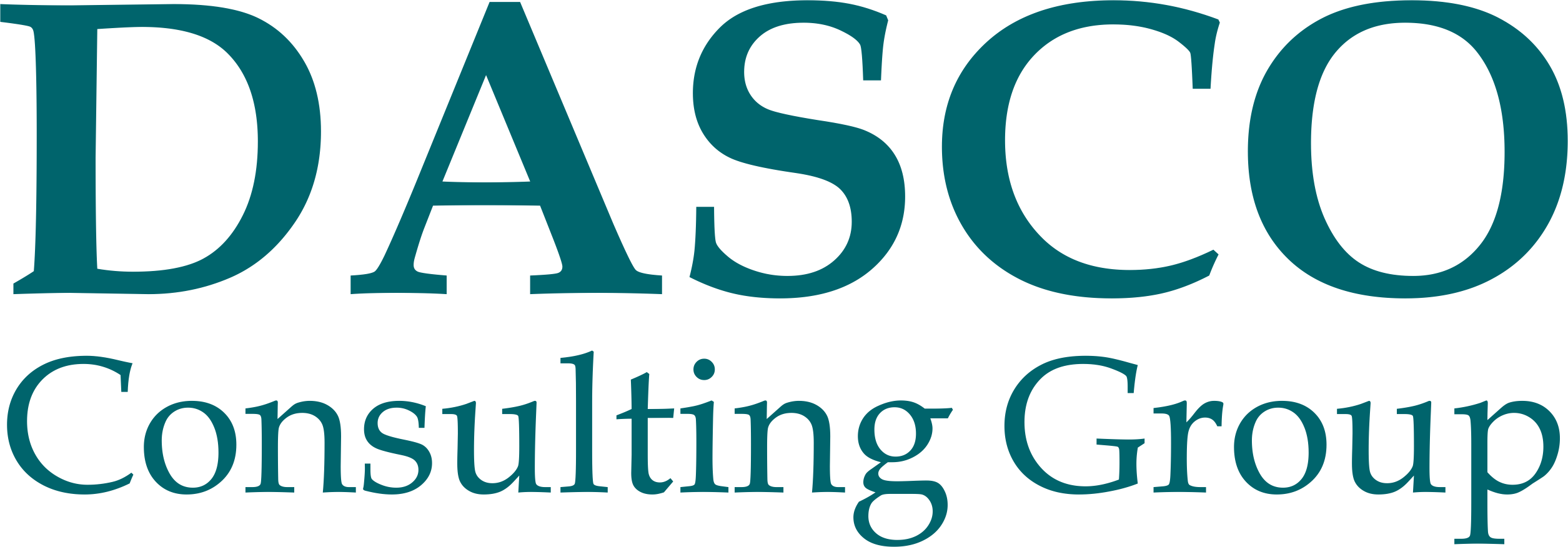Kazakhstan's educational system in connection with the transition to online learning is experiencing difficult times. It is not easy for schools, though universities have managed to adapt to the new conditions much more successfully, since they have been practicing distance learning for a long time. As usual, national colleges, whose effectiveness is still a source of much criticism in the expert community, have fallen out of the spotlight.
Daulet Argandykov, a partner in Dasco Consulting Group, shares his opinion on how to improve the quality of education in Kazakhstani colleges in the post-pandemic period:
To begin with, all over the world they try not to "spread" financial resources. Everyone tries to consolidate monetary and material resources, including when they buy teaching and training equipment and laboratories for educational institutions. If a city has several training centers for training specialists in one area, no one puts a complete set of equipment in each institution. They try to implement a network form of training, i.e. expensive high-class equipment is installed in one center.
For example, the Netherlands is a leader in the agricultural industry. There is one training center there with advanced equipment and simulators. Not only students from this institution come there, but also from neighboring training centers, adults, the unemployed, employees, university students, even someone comes to take exams. This is a unified educational ecosystem in one industry. The so-called modular programs work all over the world, and the educational process provides people with specific competencies. And a person with these skills can already work. Further, if necessary, he can develop additional skills.
Further, if necessary, he can "pump" additional skills.
For example, a cook can only cook salads or pastries well. If he wanted to, he went and learned how to cook meat dishes or Japanese cuisine. In the end, this has the effect of ensuring higher quality with minimal resources. While there used to be more than one thousand colleges in the Dutch educational system, today there are only 66. They have enlarged and become so-called excellence centers. As a result, the 66 colleges train 430,000 specialists a year, which is 30 percent more than before, when one thousand institutions were training technical personnel.
Another example is Finland. In the city of Tampere there is Trudeau College, which includes 26 schools, with its own specialization in a particular area.
What is happening in our country? In Kazakhstan, there are cities with a population of 100-150 thousand people, where there are four technical colleges. I analyzed one region, all four colleges produce automobile mechanics in the field of "maintenance and repair of automobiles". Three of them produce specialists in the field of "construction and operation of buildings". In other words, there is duplication of training programs and specialties everywhere. At the same time, these colleges are not even half-utilized.
In another region, seven agricultural colleges are training specialists at the same time.
Thus, there is a dilution of resources, educational institutions are not provided with the material and technical base, teaching aids, there is an acute problem with the shortage of teaching staff. Outdated equipment is also one of the main reasons for low training and lack of competence of specialists, which, in turn, leads to low productivity and, accordingly, the level of wages.
A planned and thoughtful resolution of these issues will improve the effectiveness, competence, and competitiveness of Kazakhstan's colleges.


